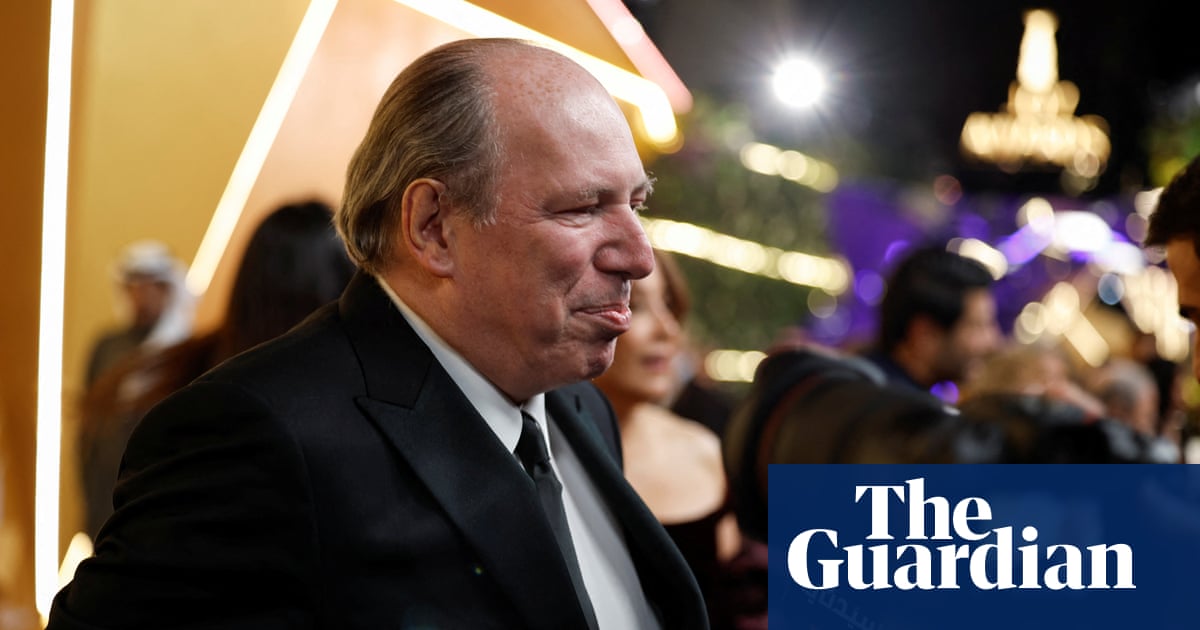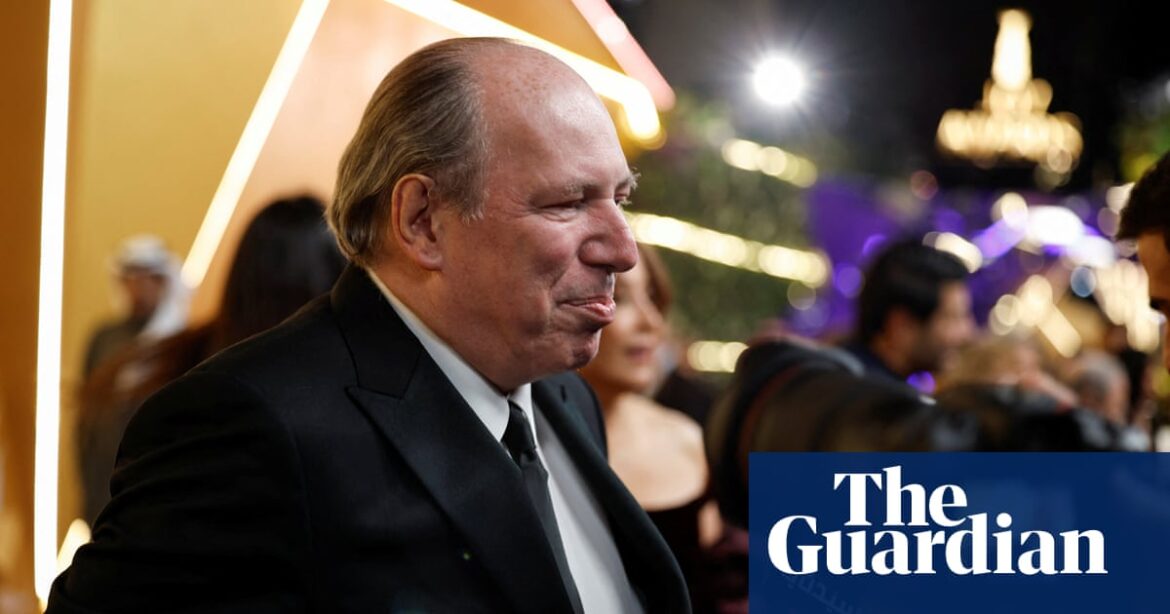
Saudi Arabia has asked the Oscar-winning composer, Hans Zimmer, to work on a new version of its national anthem, a senior official said, as the kingdom steps up an image makeover.
Zimmer, whose film scores include the 1994’s The Lion King, Dune and the Dark Knight trilogy, has agreed to the “broad outlines” of the project, the General Entertainment Authority chair, Turki Alalshikh, said.
“We discussed a lot about many future projects I hope will see the light of day soon … including rearranging the Saudi national anthem with different instruments,” Alalshikh posted on X.
Zimmer also discussed a Saudi-inspired musical called Arabia, a “very large concert” and the soundtrack for The Battle of Yarmuk, a forthcoming film, Alalshikh said.
“We agreed on the broad outlines of all these projects and I hope we will reach a final agreement on them,” he said.
The Saudi anthem, Aash Al-Malik (Long Live the King), was written in 1947 by the Egyptian composer Abdul Rahman Al-Khateeb at the request of King Abdulaziz, according to nationalanthems.info.
The current version is in the “Arab fanfare” style common during that era, the website said.
Saudi Arabia, the world’s biggest oil exporter and home of Islam’s holiest sites, is pursuing an ambitious revamp as it tries to diversify its economy away from crude.
After reopening cinemas, allowing women to drive and admitting the first non-Muslim tourists in 2018, the makeover has included several large-scale projects such as resorts and NEOM, a futuristic city in the desert costing $500bn.
Alalshikh has been involved in a number of cultural and sporting promotions, including heavyweight boxing and a list of concerts by foreign musicians.
Activists have said the Saudi authorities’ push to upgrade their image is an attempt to gloss over unchanged hardline policies, including limited rights for women, restraints on free speech and some of the world’s highest execution figures.
Source: theguardian.com



